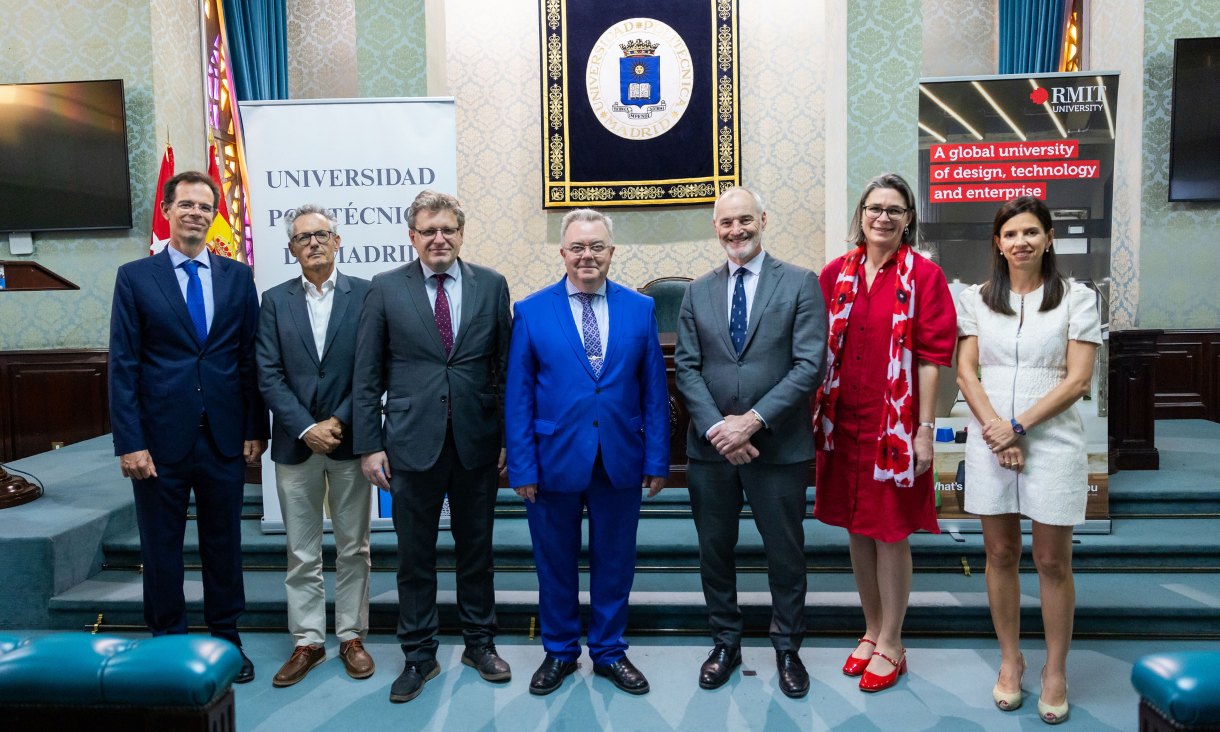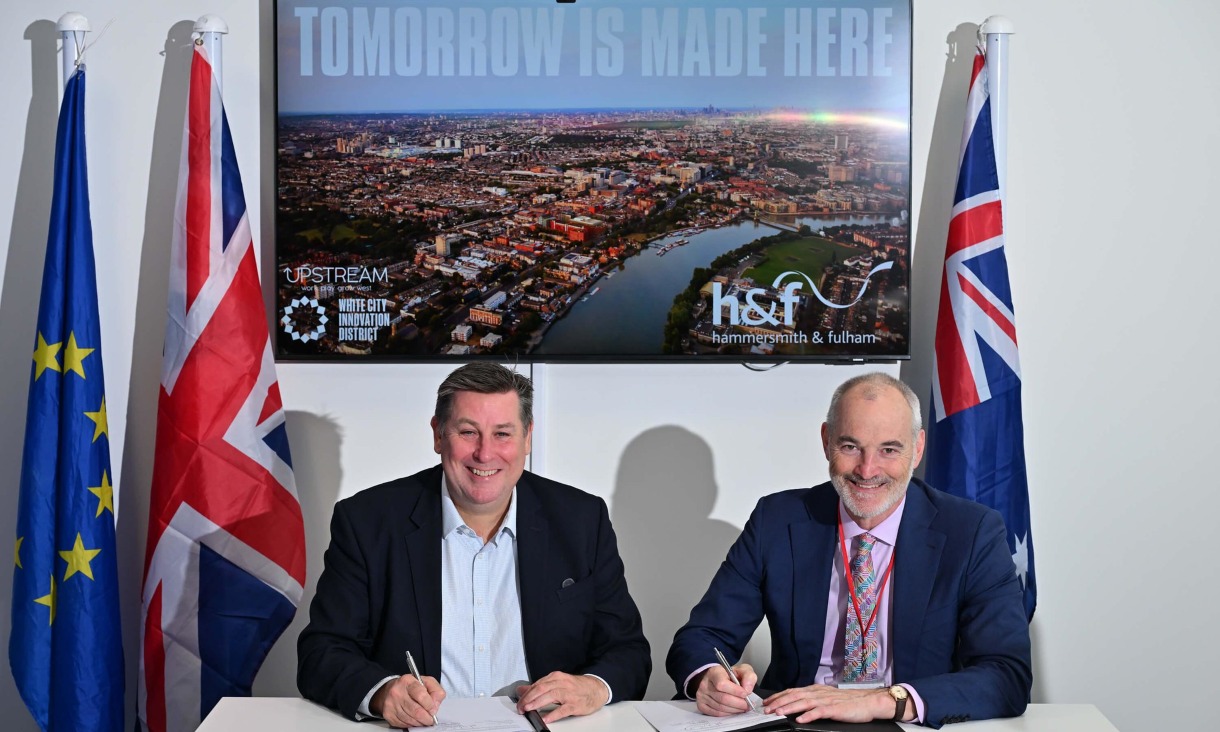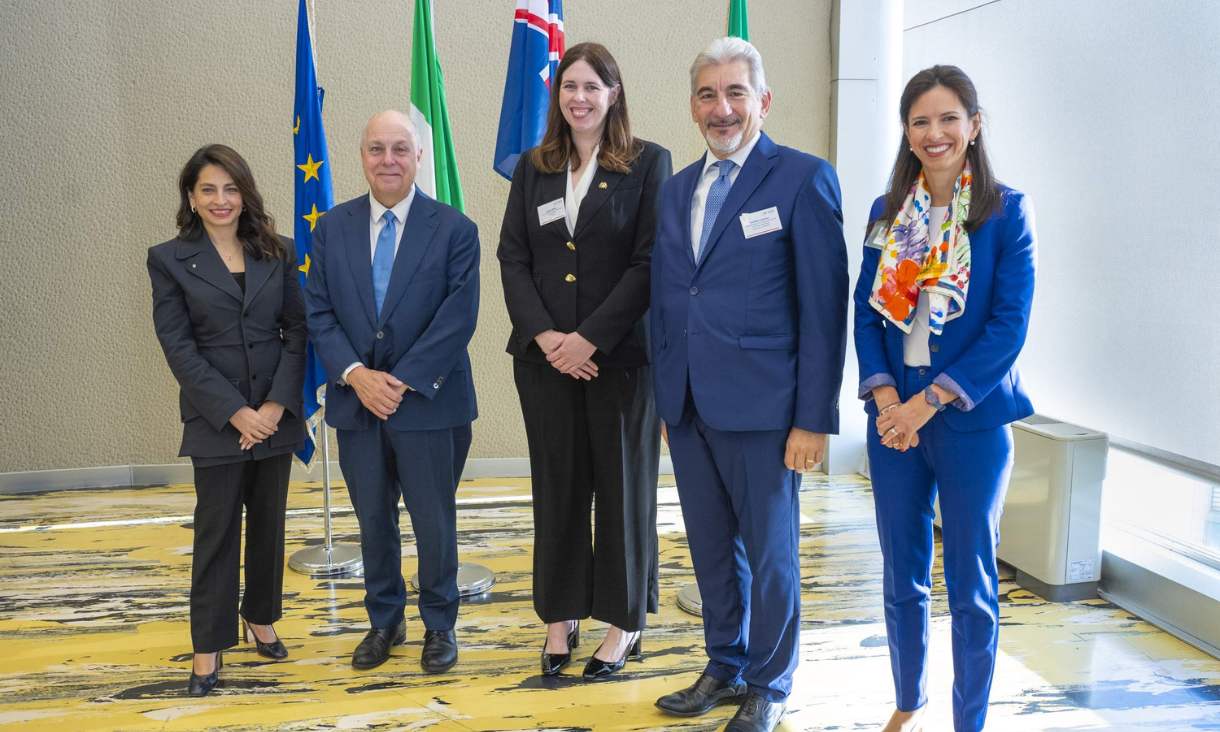For the third year in a row, RMIT has renewed its contribution to the program of the annual congress that attracts more than 4,500 accredited professionals and 2,000 companies form 60 visiting countries.
RMIT’s partnership is driven by the University’s European hub, RMIT Europe.
Dr Jonathan Duckworth, a leading researcher in the RMIT Centre for Games Design Research, is presenting for the first time in Europe 'Disruptive Critters': Autonomous artificial intelligence for live music performance.
Duckwork’s work, which covers digital media art, virtual reality, human computer interaction and design, is at the centre of the Sónar+D MarketLab – a space where the creators of the year's most outstanding technology initiatives showcase their work.
The researcher is also featured at Sónar+D's Meet the Expert, where he'll provide one-on-one professional coaching meetings drawing on his research.
And for the first time this year, RMIT has partnered with Open University Catalunya (UOC) to offer a summer school that involves digital ethnography research at Sónar.
It will see students take on an intensive investigation about how music and technology festivals are experienced, how people transit, how they move and how they relate to the different actors, spaces and events, to understand how the audience values the festival from a qualitative approach.
Heading up the summer school is RMIT’s Professor Sarah Pink, Director of RMIT's Digital Ethnography Research Centre and Distinguished Professor of Design and Media Ethnography.
Pink will also join a group of internationally renowned speakers at the event, such as artist Bjork and Spotify’s Sumit Varshney, to deliver a public talk on design ethnography and how it can help understand and design for an uncertain future.
RMIT Europe’s Executive Director Dr Marta Fernández said the University’s partnership with Sónar+D is testament to its reputation as a global university of technology, design and enterprise.
“Our researchers, together with our new initiative of the summer school, will contribute once more to this significant international event,” Fernández said.
“We are also very excited to have been able to connect the expertise of local researchers with their counterparts at RMIT in Australia through the delivery of the summer school and the first digital ethnography study of the event.”
Story: Sara Bosch-Brinques





